Residential property is a common investment type for real estate investors. This often involves investors purchasing a property and recouping their investment via rental income (and potentially through increasing equity, if the housing market rises.)
Commercial property on the other hand tends to be either retail premises, offices, or industrial facilities (warehousing, factories and so on). Larger commercial properties are often owned by a collective of investors, rather than a sole trader, as the initial capital needed can be very high. Commercial properties are often a better source of higher rental incomes than residential but can also come with increased risks.
How can I finance a residential property investment?
You’ll need cash for your buying costs and deposit, and don’t forget to factor in stamp duty, which is charged at a higher rate on investment properties. Unless you have a big lump of capital to buy outright, you’ll also need to qualify for a mortgage on the property.
The main type of loan available for residential investments is a buy-to-let mortgage. These differ from standard mortgages in a number of ways. You will sometimes need to pay higher rates of interest and can also be charged higher arrangement fees as well. You’ll also need a bigger deposit (usually around 25 per cent).
Often, buy to let mortgages are offered on an interest-only basis, so the actual capital you borrow won’t be paid off until the end of the loan period. This is different to most home-owner loans, which can be repaid with interest or capital payments, or a mixture of both each month.
With an interest-only mortgage, your lender will ask how you intend to pay off the loan once the agreed term comes to an end. Unfortunately, equity built up in the property can’t be cited as an option, as this is speculative rather than concrete.
Accepted ways of clearing the capital debt on an interest-only mortgage include cash in a savings account, stocks and shares ISAs, pensions, investment bonds, endowments or other regular savings plans, shares, and unit trusts. Your lender might also consider capital held in other properties or other existing assets.
What are the main costs and risks associated with residential property investments?
While you will usually expect your mortgage payments to be covered by the rent from the property, you may also have periods when it stands empty. Your tenants might also miss payments, leaving you to cover the shortfall.
These issues contribute to the higher fees associated with buy-to-let mortgages, as the lender will view your loan as a riskier proposition, given that you’re more at the mercy of external factors than a traditional homeowner.
When investing in residential property, it’s therefore a good idea to put a plan in place regarding how you will cover any missed mortgage payments.
Most property owners hope to benefit from a rising housing market, but this can’t be relied upon to increase rental income, year upon year. You may also face fluctuations in demand for rental property in your local area, which can adversely affect rent prices and even whether you’re able to fill your property with tenants at all.
As a landlord, you may face additional costs like hiring a letting agent to find tenants and manage your property. You’ll also need to pay for the maintenance of your property and for any faulty equipment like boilers and electrics. Landlords are also legally responsible for a range of annual safety checks as well as things like gas systems.
Finally, rent is also classed as taxable income, and little tax relief is available for ‘wear and tear’ to a property, or for mortgage interest.
How can I finance a commercial property investment?
If you’re keen to invest in commercial property, without taking on the responsibility of upkeep and so on, you might wish to consider a property fund. These are collective funds (unit trusts or open-ended investment companies (OEIC)) which invest in property. Your money is pooled with other investors and managed by an allocated fund manager, to get the best returns.
To do this you need to buy shares in an OEIC or units in a unit trust, which can cost different amounts from day to day, depending on how the fund is performing. It also means that the investment pool can grow and shrink as investors buy and sell their stakes.
Of course, depending on the size of your investment capital, you could buy a commercial property and earn money as you would from a residential property, renting it to an appropriate tenant and enjoying capital growth as the property increases in value.
Commercial properties, particularly large warehouse facilities, can command much higher rental prices than residential properties, though the costs and risks associated with these are often greater, too.
What are the main costs and risks associated with commercial property investments?
Longer leases are common with commercial properties. A standard shorthold tenancy is usually 12 months as opposed to six or seven for residential properties, which can provide a guarantee on the income for a longer period, thus offering more security.
Longer lease periods can be harder to break, and commercial properties can also suffer from void periods and rising interest rates, in the same way as residential properties. There is also the risk of your tenant’s business collapsing or struggling with cash-flow; and if you own the property directly you’ll have the same costs of maintenance that you would with a residential.
If you invest in a fund, you’ll have to pay a management fee (usually around 1-1.5 per cent a year). Dividends and capital gains are both taxable incomes, so don’t forget to factor that into your calculations as well. As with any investment, the value can go down as well as up, and previous performance is no guarantee of future returns.
As with any investment, it’s always a good idea to consult an expert before parting with your money, to ensure that you’re clear about the risks as well as the rewards
Which type of property investment would best suit me?
For most people, residential property investment will involve taking out a mortgage along with your capital, so if you aren’t able or willing to take on some borrowing, it may be better to consider investing in a commercial property, by means of a fund.
Residential investments offer more control and hands-on interaction with your tenants or letting agent, along with the responsibility of maintaining your property over the long-term.
Commercial fund managers will take control of your investment if you buy into one of these funds, allowing you to reap the rewards, without needing to put too much time into it yourself.
Smaller or cheaper commercial properties might offer a position in between the two – with less upkeep and potentially no mortgage required. Unfortunately, less responsibility and financial investment is likely to lead to smaller returns – what you’re prepared to put in will undoubtedly affect what you take out.
As with any investment, it may be prudent to consult an expert before parting with your money, to ensure that you’re clear about the risks as well as the rewards.



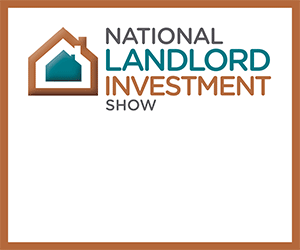




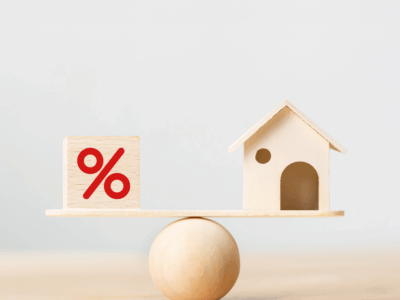
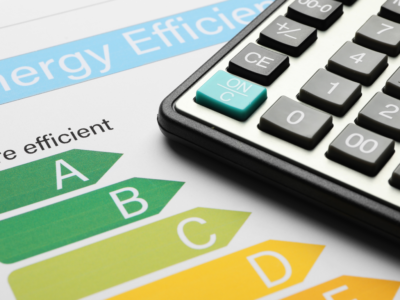

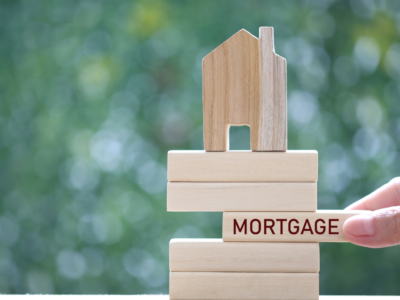
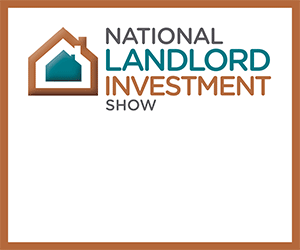




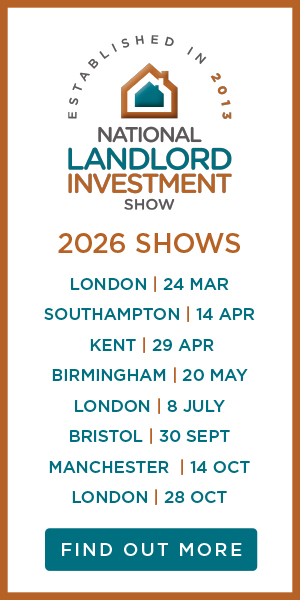


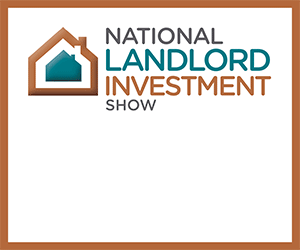
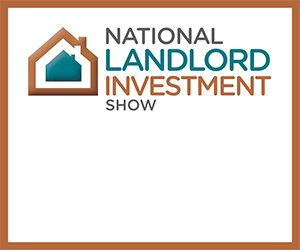





Comments